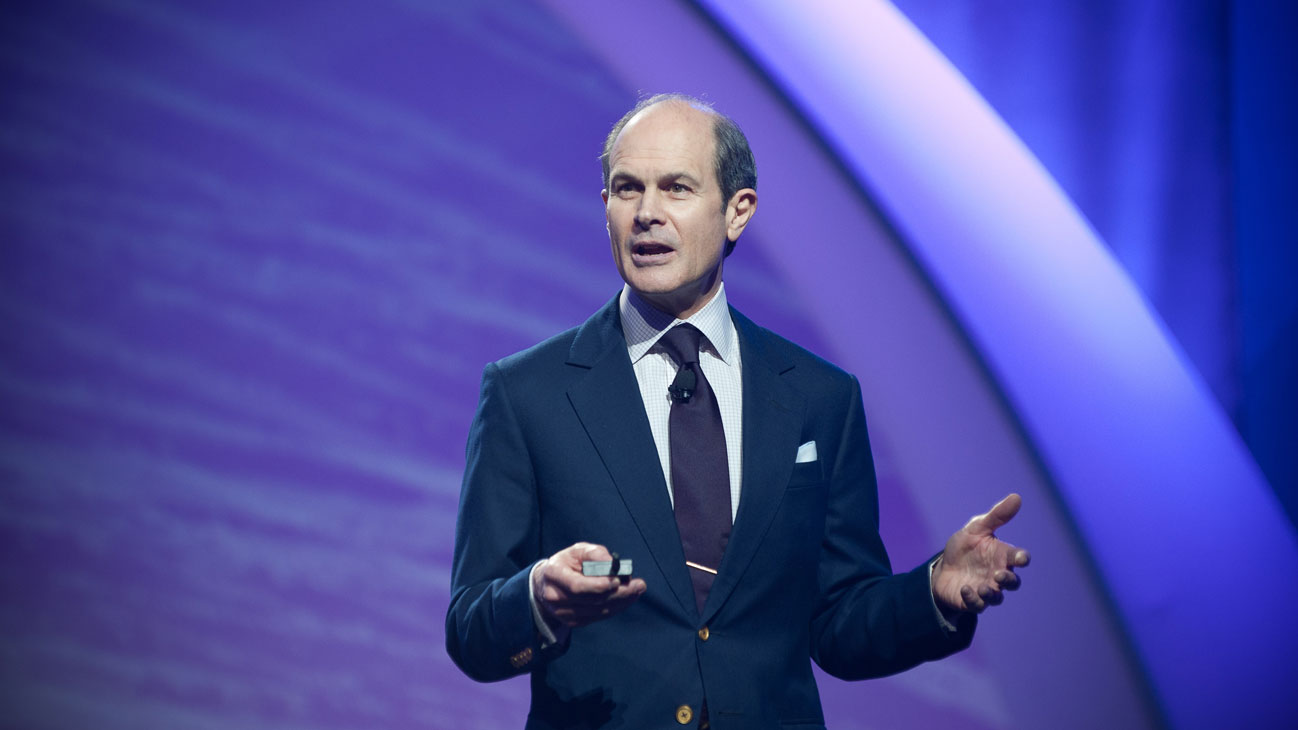Millions of eyes and ears count on―and respect―Geoff Colvin’s insights on the key issues driving change in business, politics, and the economy. The senior editor of Fortune magazine, and named by Directorship magazine as one of the “100 Most Influential Figures in Corporate Governance,” Geoff draws on his years of insider access to top government figures and high-profile executives to share effective leadership strategies, and provides his unparalleled perspective on the business climate of today…and tomorrow. Geoff writes on the long history and an extremely poor record of “declinism” for CNN, below:
Cheer up. I realize it isn’t easy. But I want to assure you that the future will very likely be a great deal better than you expect. Although I can’t tell you exactly how or why.
We Americans are in a long-term funk. The latest polling, as averaged by RealClear Politics, shows that we think the country is on “the wrong track” rather than headed in “the right direction” by a massive 32-point margin (61% vs. 29%). Our gloominess has waxed and waned, but the last time we allowed that maybe things weren’t awful was almost five years ago, June 12, 2009. On that magical day, we were exactly evenly split on whether the country was going to hell. Since then, we’ve been confident that it is.
And don’t tell me we’re gloomy because of the recession. June 2009 happened to be when the recession ended. The economy has been growing since then. The S&P has doubled. But we know things will only get worse.
If it’s any comfort — and it should be — declinism has a very long history and an extremely poor record. The ancient Greeks believed human history had occurred in successive ages, the gold, silver, bronze, and iron (their age), each more miserable than the one before, with worse to come. We will “waste away with toil and pain” said the poet Hesiod. Don’t count on the next generation: “Sons and daughters will be quick to offend their aging parents … and speak to them with rudeness,” among many other curses.
The decline of youth has been a particularly popular theme ever since. The first edition of the U.S. Boy Scouts Handbook, published in 1911, emphasizes that the whole scouting movement was based on this distressing trend. America’s boys had turned into “a lot of flat-chested cigarette-smokers with shaky nerves and doubtful vitality,” it says. “It is the exception when we see a boy respectful to his superiors and obedient to his parents.” Remarkably, adults today also believe that kids were a lot better back when they were kids. A recent Harris poll of U.S. adults finds that 79% believe that when they were young, students respected teachers, but only 31% think students respect teachers today.
Similarly, the fear that we’re going to “waste away with toil and pain” is an eternal favorite of the declinists. Remember the 1980s? Japan, with an inherently superior culture and economic system, was going to eat America’s lunch. Japan As Number 1 was a bestseller. The Japanese bought Rockefeller Center and the Pebble Beach golf course, which felt to many Americans as if they were buying our soul. Today the source of our doom has moved only slightly west, to China.
Let’s do a reality check. The 1980s were followed in the U.S. not by the apocalypse but by one of the greatest booms in history. More generally, our material lives are so much better than they were a generation ago, not to mention a hundred generations ago, that we should be embarrassed ever — ever — to complain. The long-term trajectory of economic advance could not be clearer, yet we’ve always believed it’s coming to an end. The problem is that we can never forecast exactly where tomorrow’s progress will come from, so we conclude that it won’t happen at all. Yet in a large sense we do know where it comes from: the imagination, innovativeness, and ambition of humanity, which are at least as great as they ever were.
Compared to those degenerate boys of a century ago, today’s boys and girls look forward to immensely longer, healthier lives enriched by a far more advanced education than the eighth-grade standard of 1911. As for respectfulness — the young ‘uns have been sassing back their elders since the dawn of time, and no evidence suggests it’s any worse than ever, though we parents always think it must be.
Let’s give the kids some credit. Polling shows that only around 15% of U.S. adults think today’s children will be better off than their parents. Yet in a Gallup poll of students (grades 5 through 12) last year, 95% believe they’ll be better off than their parents. Perhaps they’re wiser than we think. They seem to realize more clearly than most grown-ups that somehow the world has been going straight down the drain for 3,000 years, and it’s better than ever.

